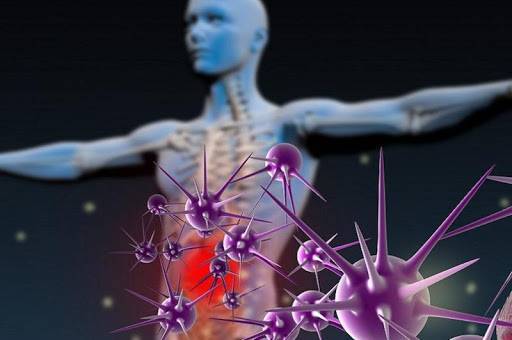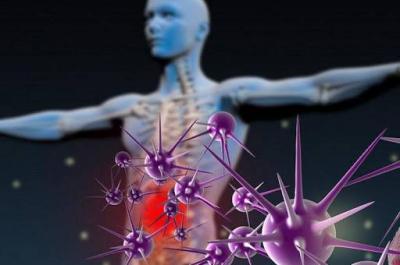Researchers are continually seeking ways to eliminate cancer cells while minimizing damage to the rest of the body and the surrounding healthy cells. One possible approach is to identify unique processes in cancer cells that would allow for targeted actions against cancer. If this process can be disrupted, it would affect only those cells without harming others.
It is noteworthy that the presence or absence of a specific process can be one of the unique characteristics of certain types of cancer, which may not be present in others. In such cases, researchers need a simple method to determine whether a particular tumor possesses this unique trait. The implication of this question is whether the tumor will respond to one treatment or another, allowing for the matching of treatment with the patient most likely to benefit, rather than relying on trial and error.
According to reports, the research group led by Professor Tomer Shlomi has discovered such a process that can be targeted in cancer cells without causing damage to healthy cells. Their findings have been published in the scientific journal CELL. According to the study, the folate cycle is considered a fundamental process for producing ribonucleic acid (RNA) in the body's cells. As a result, it is extremely important for both cancerous and healthy cells alike, as RNA production is a critical stage in cell division and, consequently, in tumor growth, making this process a common target for chemotherapy.
However, for the same reason, there are significant side effects when attacking it in healthy cells. In fact, there are two folate cycles: one occurring in the mitochondria and the other in the cytoplasm, where healthy cells can switch from one cycle to another based on their biological needs. Professor Shlomi's team discovered that a variety of cancer cells rely exclusively on the cytoplasmic pathway. Their conclusion is that if the treatment targets the folate cycle in the cytoplasm, healthy cells will shift to the mitochondrial cycle and will not suffer any damage, leaving cancer cells to die.
Thus, the researchers, led by Professor Shlomi, identified a pathway that can be attacked to gain maximum benefit from chemotherapy without harming healthy cells, alongside a method to recognize cancerous tumors that would be more responsive to this attack than others.




